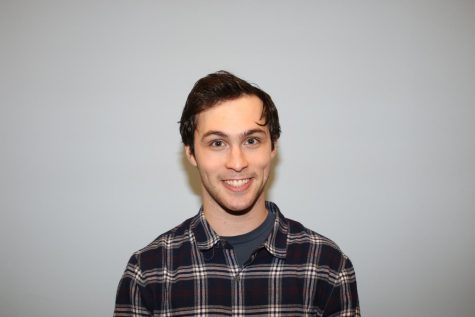Era of gun violence research emerges in New York, Washington
After the shooting in Parkland, Florida put school shootings and gun violence back into the national spotlight, the March For Our Lives movement has brought legislation on the issue back into the realm of possibility. One of the many issues involved in crafting gun reform legislation, however, is lack of empirical data available for academic study.
Gun violence has not been a focus of scientists. Researchers at the John Jay College of Criminal Justice, a New York state university, are attempting to change that.
Last week, John Jay College, in conjunction with Michigan State University and the University of Texas (Dallas), announced a plan for a national, open source database to track shootings on K-12 campuses. The statement released by John Jay College said the school hoped to use the database to “sharpen the public’s understanding of these tragedies.”
John Jay President Karol V. Mason said in a statement she hopes the database will “support local, state and national efforts to tackle this problem with evidence-based policies and interventions,” helping to bring an era of academic study back into a field that’s been missing movement for 22 years.
In 1996, the Center For Disease Control and Prevention (CDC) halted the study of gun deaths in the United States. At that time, the National Rifle Association (NRA) accused the CDC of supporting gun control and appealed to the Republican controlled congress in an effort to prevent the CDC from continuing its research. Congress threatened to withhold funding from the CDC if it continued funding research on gun injuries and deaths, and since then, the CDC has been prevented from studying gun violence.
The effects of banning gun violence research rippled beyond the confines of the CDC headquarters in Atlanta, Georgia. According to The Washington Post, stopping the flow of money available for gun violence research effectively ended all public health studies on the issue in the U.S.
The only exception to Congress’ rule were the 30 or so studies funded by The National Institute of Justice, a division of the U.S. Department of Justice. Even The National Institute of Justice, which is the funding force behind the John Jay College database, funded zero studies between 2009 and 2012.
Today, it seems the CDC’s ban on gun violence research may be coming to an end. Included in the 1.3 trillion dollar omnibus spending bill signed by President Trump last Friday was a sentence reauthorizing the CDC to conduct research on gun violence.
Some researchers, like Dr. Garen Wintemute, a gun violence expert and Professor of Emergency Medicine at the University of California (Davis), remain skeptical that anything will actually change. Wintemute explained the problem to NPR.
“There’s no funding,” Wintemute said to NPR. “There’s no agreement to provide funding. There isn’t even encouragement. No big questions get answered, and there’s nothing here, yet, of significance for the research community”.
A researcher from Johns Hopkins University, Daniel Webster, echoed Wintemute’s concerns in an article by NPR.
“I’m not particularly optimistic that anything will change,” he said, according to the article published by NPR. “The CDC has been willing to look at noncontroversial activities, such as the effect of mediating disputes between gangs….but the CDC has not, and I don’t believe they will examine other kinds of interventions or other kinds of solutions to the problem.”
Regardless of these issues, the language has brought hope to some members of congress. Representative Stephanie Murphy (D-FL), in an article published by NPR called it “a huge victory for our country and our communities and our children.”
According to the article published by NPR, she added, “This is one step in many to help stop gun violence in this country.”
As of today, there has been no indication that funding will move through the CDC towards this researcher, but until then, John Jay College and researchers across the country will be building their database to fill the void.

Henry Bendon is a fourth-year political science major who has been writing and taking photos for the Observer since the fall of 2016. In his time with...

